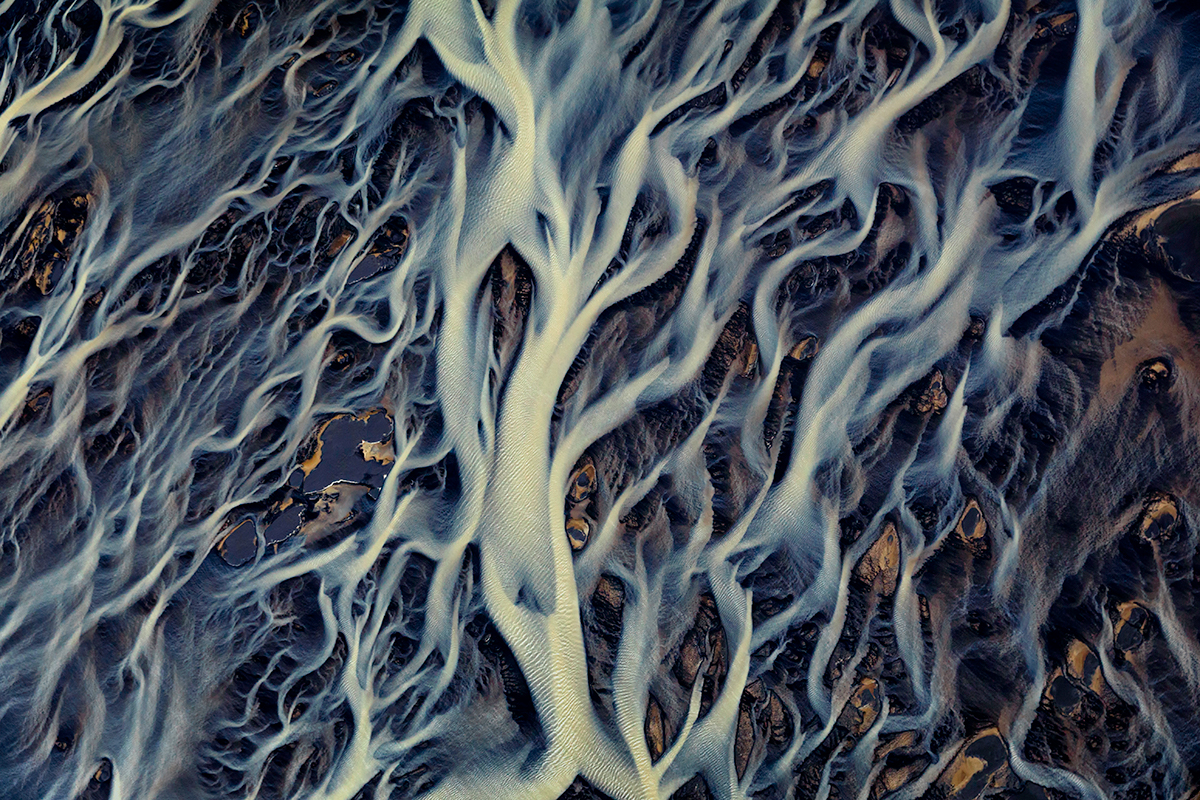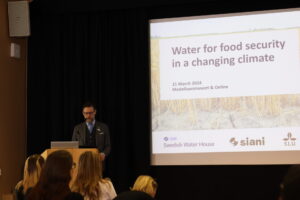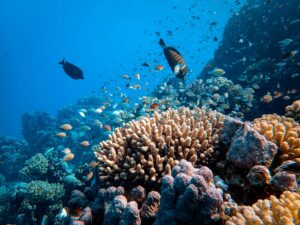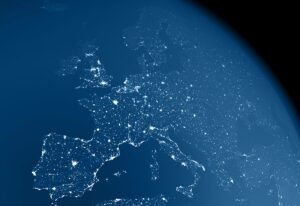The award for the most precious resource goes to…
The Shape of Water won the Oscar for Best Picture this weekend. We’d like to take this opportunity to thank water by helping to show it in all its glory! Here are six ways water shapes our planet:
Water is not just what you drink
Water is vital for all forms of life. It’s in your body, in your food, it’s been used to produce the screen you’re looking at, your electricity, and your clothes. Of all the water we consume, a tiny fraction (our estimates suggest less than 0.001 per cent) actually passes our lips.
Water is finite
If Earth was the size of a basketball, all its water would fit into a ping pong ball. It’s all we have and it’s all we will ever have. The water you use today is the same water dinosaurs swam in millions of years ago.
Not all water is freshwater
Of all water on earth, 97 per cent is saltwater, and of the remaining 3 per cent freshwater, some 70 per cent is frozen in the polar icecaps. That means less than 1 per cent of the world’s freshwater is readily accessible for direct human uses.
Water is health
Access to clean water is essential for preventing diseases. Diseases caused by unsafe water, sanitation, and hygiene kill more than 5,000 people each day.
Water is a resource in demand
By 2050, global demand for water is expected to increase by 55 per cent due to growing demands from manufacturing, electricity generation and households.
Water is powerful
Natural disasters are mostly water-related disasters. Some 90 per cent of all natural hazards, such as floods, hurricanes, tsunamis and droughts, are water-related – and their frequency and intensity is generally increasing.
Many say water has magical qualities. It can take many forms and is necessary to nearly all aspects of life. That’s why it’s important to make smart decisions about who gets what water, when and how, and who has the right to water and related services, and the associated benefits. Learn more about what we do to encourage better decision-making on water on our website siwi.org.








